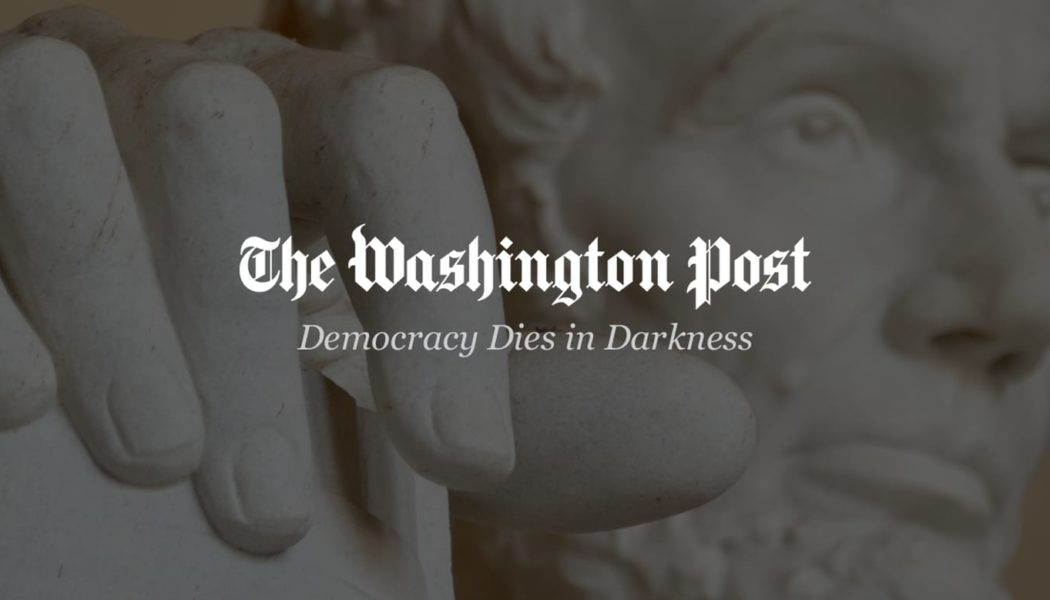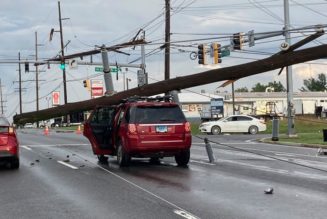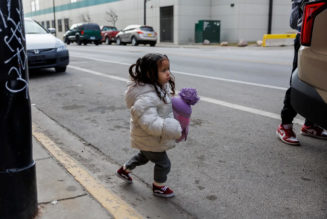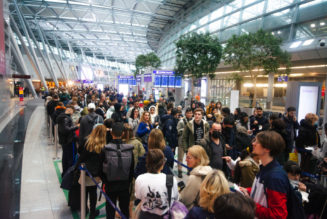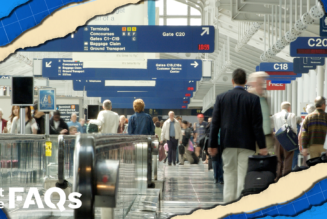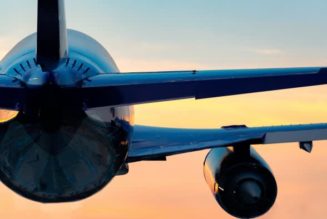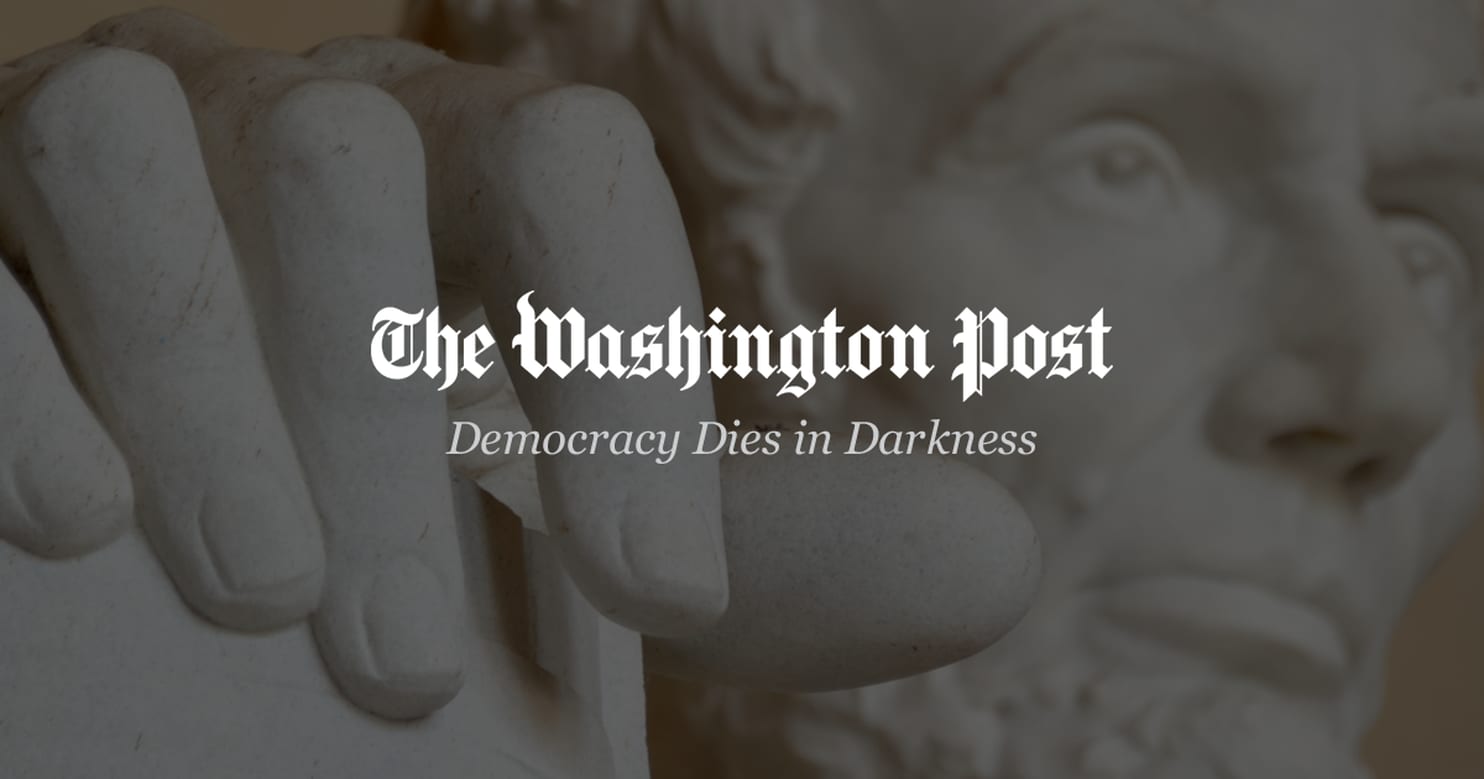
The millions of people who took to the skies ahead of the July Fourth holiday enjoyed relatively smooth travel over the weekend as the Transportation Security Administration set a record for the number of people screened at airports Friday.
The agency said nearly 2.9 million people moved through checkpoints nationwide, topping the previous record set during the Sunday after Thanksgiving in 2019. The record came despite airlines operating almost 2,000 fewer flights than on the day of that previous record.
United Airlines’s elevated rate of flight cancellations last week, along with images of crowded airports, piles of unclaimed bags and people sleeping on cots, had fueled fears the nation’s aviation system was poised for another holiday travel meltdown. Those concerns were unfounded as the airline recovered and the Northeast Corridor avoided the type of severe weather that had prompted delays days earlier.
“You are just seeing people say right now that if they have some extra disposable income, taking a trip is going to be their top priority,” said Henry Harteveldt, an aviation analyst and president of Atmosphere Research Group. Despite flight disruptions since travel began to ramp up in 2021, he said most passengers have not been deterred.
His only question: Would demand have been even stronger without the difficulties?
Concerns over the July Fourth travel period began to grow as United stumbled at the start of last week, canceling nearly 22 percent of scheduled flights between Sunday and Thursday. After mostly recovering, the carrier scrubbed 5.5 percent of scheduled flights between Friday and Sunday, according to tracking website FlightAware.
United’s rebound, along with the relatively stable performance of other U.S. airlines, came as relief for the record number of passengers who flew over the weekend. According to FlightAware, between Friday and Sunday, domestic airlines canceled 1.7 percent of flights.
“After severe storms threw a wrench into operations earlier last week, all major airlines except one recovered quickly and delays and cancellations are back to normal levels for now,” the Federal Aviation Administration said in a statement.
United said some passengers affected by last week’s delays would receive 30,000 frequent flier miles as a goodwill gesture. The offer was extended to those who were scheduled to travel between June 24 and June 30, who were delayed overnight or did not reach their destinations. Thunderstorms in the New York region pummeled the airline’s operations, while also leading the FAA to impose restrictions on the number of flights that could operate.
“I know this week was hard,” Linda Jojo, United’s chief customer officer, wrote to customers over the weekend. “Really bad weather, air traffic control issues and some of our own operational challenges led to a rough experience for you and many of our customers.”
In a separate note to employees, United CEO Scott Kirby looked to explain why the airline was slow to recover after storms hobbled operations at its Newark hub, even as other carriers bounced back. Kirby last week sought to lay most of the blame on the FAA, which is grappling with a shortage of air traffic controllers — an issue particularly acute in a key New York center that manages flight traffic in the region.
“Airlines can plan for things like hurricanes, subzero temperatures and snowstorms, but United has never seen an extended limited operating environment like the one we saw this past week at Newark,” Kirby wrote.
Under normal conditions, Kirby said United has 40 departures an hour out of Newark, its largest hub, but for three days last week that number was reduced by 60 to 75 percent. Adding to the carrier’s woes: Alternative routes through Canadian airspace that United would normally use when thunderstorms move through New York were closed because Canada is facing its own shortage of air traffic controllers. In addition, consecutive days of cancellations and delays left crews out of position.
Kirby outlined steps United is taking to prevent future issues, including more automation of the system that pilots and flight attendants use to receive their assignments. He said the airline would continue to work closely with the FAA to ensure key air traffic control facilities are staffed and that United’s departures and arrivals are better balanced.
Kirby himself couldn’t get a flight out of the New York area on United. On Wednesday, he ended up taking a private jet from New Jersey’s Teterboro Airport to Denver, the airline confirmed Friday after CNBC first reported the flight.
Kirby later apologized to customers and employees, saying in a statement: “Taking a private jet was the wrong decision because it was insensitive to our customers who were waiting to get home.”
Delta Air Lines, which also saw high numbers of flight cancellations last week because of weather in New York, sought to avoid problems going into the Fourth of July weekend by allowing customers to rebook flights between July 1 and July 4 without having to pay a fare difference or change fees.
Harteveldt said airlines have continued to benefit from the public’s demand to travel. A recent survey conducted by Harteveldt’s firm found that traveling is more important to the public now than before the pandemic.
Even given the rising cost of food and other economic head winds, Harteveldt said as consumers spend their discretionary dollars, “Travel is going to be at the top of their list.”
